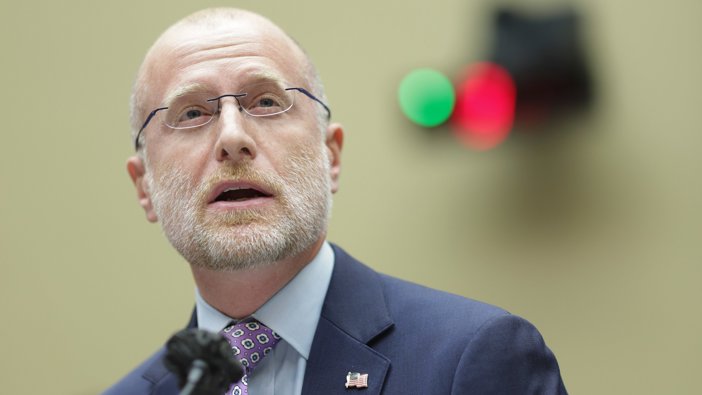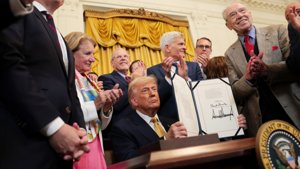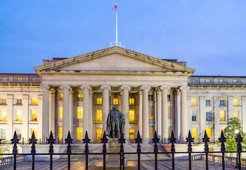
FCC Probes Cyber Trust Mark Over China Ties
FCC launches probe into Biden-era Cyber Trust Mark program over alleged China links and national security concerns.
FCC Investigates Cybersecurity Label Amid China Concerns
The Federal Communications Commission (FCC), under the leadership of Trump-appointed chairman Brendan Carr, has opened an investigation into the Biden administration’s U.S. Cyber Trust Mark (USCTM) program, amid escalating worries about potential national security risks linked to China. This move places the future of the nation’s flagship consumer cybersecurity labeling effort in question as officials weigh the impact of foreign ties on critical infrastructure.
The USCTM, established in 2024, was designed as a voluntary safety label to help consumers identify smart devices—such as security cameras, internet-connected appliances, and baby monitors—that meet federally approved cybersecurity standards. The label aims to ensure Americans can make informed choices about device security, but an internal FCC document reviewed by Fox News Digital has revealed significant concerns regarding the program’s administration.
At the heart of the controversy is UL Solutions LLC, approved by the Biden administration as the Lead Administrator responsible for device testing, ongoing compliance, and public education about the USCTM. Despite its status as a domestically owned company, the FCC’s Council on National Security is investigating UL Solutions and other Cybersecurity Label Administrators due to their reported “deep ties” to China. The document notes that UL Solutions maintains a joint venture in China, multiple China-based testing locations—including several flagged as “particularly alarming”—and has continued to expand its presence in China since being appointed to the program.
The internal FCC review also highlighted that, under current protocols, Chinese IoT products—or those using Chinese components—can qualify for the USCTM label just as easily as American products. Chairman Carr, who initially supported the program, now insists on a comprehensive review to ensure no back doors are left open for foreign sabotage or infiltration. “Chairman Carr is considering next steps to ensure the USCTM program does not become a back door to CCP sabotage,” the document warns.
Michigan Republican Rep. John Moolenaar, chair of the House Select Committee on Strategic Competition between the United States and the Chinese Communist Party, publicly backed the FCC’s review. He emphasized, “The idea behind the Cyber Trust Mark is sound—consumers deserve to know which devices are secure. However, under the current setup, Chinese companies with ties to the CCP could use this program to get a U.S. government-backed stamp of approval. That’s not just misleading—it’s dangerous.”
In response to media inquiries, a spokesperson for UL Solutions stated, “As a leading American safety science company with operations around the globe and roots that go back more than 130 years, UL Solutions takes cybersecurity very seriously and has always operated with transparency and integrity.”
Additional scrutiny is also being directed toward other Cybersecurity Label Administrators selected under the Biden administration, several of which reportedly maintain China-based affiliates or partnerships. The FCC’s ongoing investigation will assess whether these relationships present unacceptable risks to national security or undermine public trust in the USCTM program.
As the FCC weighs its next steps, the outcome of this review could shape the future of consumer device security in the United States and influence how the nation safeguards its digital infrastructure from foreign threats. The debate underscores the growing challenge of securing technology supply chains in an increasingly interconnected world, where even well-intended programs may introduce new vulnerabilities if not properly managed and scrutinized.






